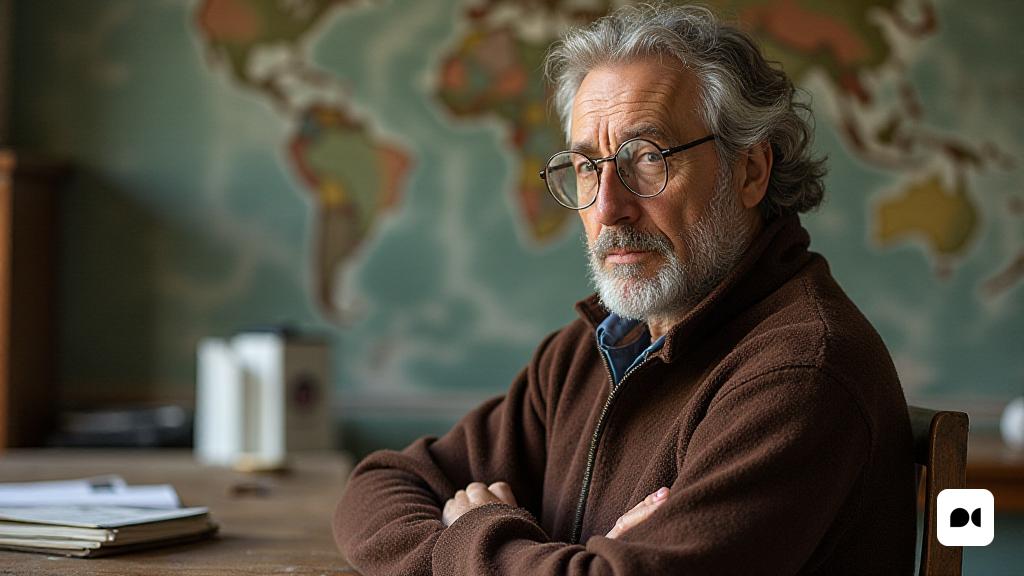The distrust in the future
A professor of contemporary philosophy at the Open University of Catalonia, recognized for her work ‘The time of promise’, explores the expectations of a generation that has seen how labor and prosperity promises have faded. Born in 1982, he reflects on the illusions presented to us at the time of graduating, in a context where the crisis of 2008 marked a before and after.
The promise of progress: a collective illusion
The belief that working hard would lead to a better life has been deeply rooted in our society. The idea that shared wealth would generate well -being for all has proven to be, in many cases, a mere promise, rather a mirage that perpetuates inequalities. This promise of progress, which has gone through multiple historical cycles, reveals its fragility and exclusivity.
What does you mean by?
The notion of promise implies a recipient. Without a clear audience, the promise loses its significance. The professor emphasizes the importance of those who make the promise and whom it is directed, and how the betrayal of this commitment can generate anger and distrust between the social classes.
The crisis of the word
At present, the authenticity of promises is questioned, especially in the political context. The teacher argues that the word has lost its power as an instrument of social bond, becoming a good of consumption. This trivialization of communication leads to a society where the truth is diluted between false news and misinformation.
The commitment as a form of power
Social commitment is threatened by a tendency to prevent responsibility, and at the same time, the feeling of betrayal is present when promises break. The teacher emphasizes that the absence of commitment can lead to extreme individualism, where social bonds weaken and relationships become depth surfaces.
The loneliness in the present society
In a hyperconnected world, loneliness and dissatisfaction are more common than ever. The lack of real commitments generates a sense of emptiness, where people are trapped in superficial relationships that do not provide the necessary emotional support.
Education and promises
The educational system, as a promise agent, also faces its own crisis. The promise of equal opportunities for all children is committed to the structural inequality that persists in the system. The teacher says that the current educational reality does not meet the aim of being an equality channel.
Migrations and expectations
Migrants looking for a better life often come with promises that have become unattainable. The current reality of migration challenges the expectations of prosperity that were formerly the norm. Global dynamics have transformed the expectations of the arrival, and the promises of well -being and integration are diluted in a context of increasing inequality.
The paper of the far right
The current policy, in particular the rise of the far right, uses social insecurity to offer certainty. The promises of these forces are based on the defense of an idealized past and the creation of a common enemy. They do not offer a better future, they play with the fears and frustrations of the population.
The policy of truth
The struggle for truth and the ability to make promises is fundamental in current politics. The teacher invites to reflect on who really has the power to promise and how this power must be redistributed to guarantee a more just and equitable society.
Toward a new horizon
The pursuit of new forms of bond and commitment is essential to dealing with the crisis of promises. In a world where words have become goods, the need to regain their authenticity becomes more urgent than ever. The teacher concludes that, in order to move towards a better future, we must review our expectations and commitments, both individual and collective.

